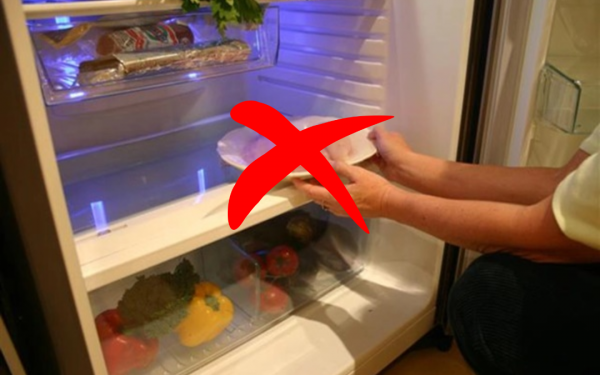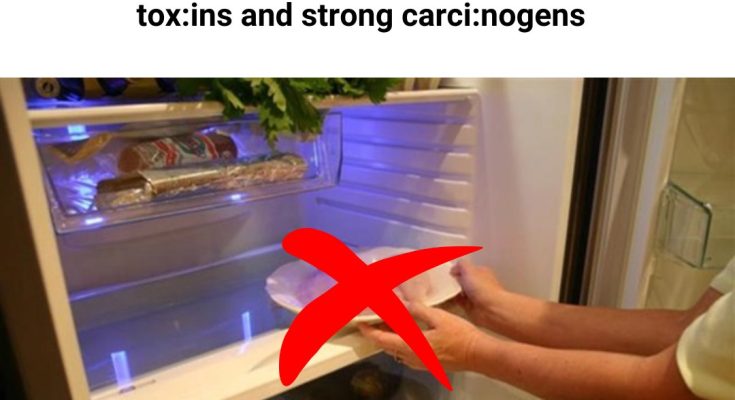
According to the Daily Mail, many people are aware of the dangers of improperly storing raw meat and fish in unsealed containers, but few realize that certain vegetables can also pose health risks.
Food scientists actually recommend storing these five types of vegetables on the countertop or in the pantry; refrigerating them may encourage mold growth and change their texture from fresh and crisp to mushy.
1. OnionsOnions, part of the allium family, don’t need refrigeration if kept in a dry, cool place below 65°F (around 18°C). However, once peeled or sliced, experts suggest storing them in an airtight container in the refrigerator.
The low temperature and high humidity in the fridge convert the starches in onions into sugar, making them soft and moist more quickly. Margarethe Cooper, a microbiology and food safety expert at the University of Arizona, notes that whole onions can last up to three months or even half a year when stored in a cool, ventilated, and dry space, provided they are in good condition—dry, firm, with intact skins and no sprouting.
She advises against leaving onions in plastic bags. If stored in plastic without proper airflow, moisture accumulates, creating an environment conducive to mold and microbial growth, which shortens their shelf life.
2. GarlicGarlic, also part of the allium family, should be stored similarly to onions.
Refrigerating garlic may cause it to sprout green shoots after just a few days, significantly reducing its shelf life. It can also become bitter, altering the flavor of dishes, though it poses very minimal health risks.
3. GingerLow temperatures and humidity can make unpeeled ginger soggy or even moldy. Cold storage also diminishes its spiciness, affecting the flavor of cooked dishes. Whole, unpeeled ginger can be stored for several weeks in a dry, cool area.
Inhaling mold spores from ginger’s skin can lead to sneezing, nasal congestion, rashes, or worsen asthma. Some mold types can cause nausea, other gastrointestinal issues, liver and kidney damage, and weakened immunity if ingested.
4. CucumbersCucumbers are highly sensitive to low temperatures and humidity, making them prone to “chilling injury,” which causes them to become soft and rot. A humid environment promotes mold growth, particularly bacteria like Salmonella and E. coli that can thrive on decaying cucumbers.
If kept in the fridge without a sealed container, moisture accumulation hastens spoilage. It’s best to consume cucumbers as quickly as possible, ideally within three days.
Cucumbers maintain their best flavor when stored at room temperature on the countertop. However, their shelf life is reduced to just a few days. Ethylene gas emitted by ripening fruits such as apples, bananas, pears, kiwis, and tomatoes can also accelerate the spoilage of nearby cucumbers.
5. Bell PeppersStoring colorful bell peppers in the fridge can damage their cellular structure due to the low temperature and humidity, making them lose their crunch and become soft. Unless they’ve been cut, they don’t need refrigeration and can be kept in a dry, cool place.
Maddy Rotman, the head of Imperfect Foods, a home produce delivery company, explains that humidity is the main factor causing bell peppers to lose their crispness. Try storing them in a pantry or on a countertop instead.


